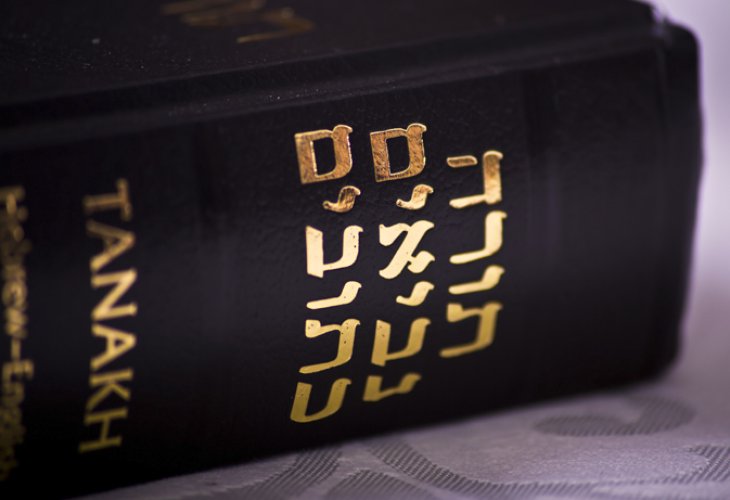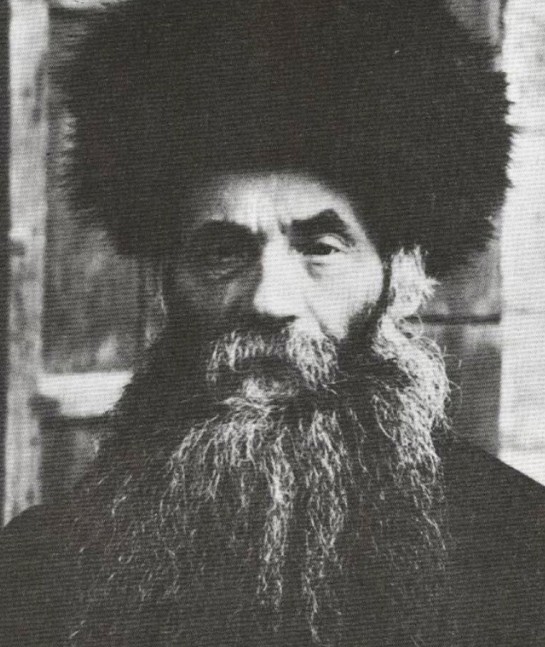Facts in Judaism
Want to Write a Book?
Recording Torah Insights Isn’t Just Helpful - It’s a Path to Greatness

Torah learning is often filled with deep insights, penetrating questions, and moments of understanding that can vanish as quickly as they appear. While the mind is a powerful tool, it is not always a reliable archive. Our Sages have long taught that writing is not merely a technical exercise; it is a spiritual discipline that preserves the soul of Torah learning and deepens our connection to Torah.
Rav Isser Zalman Meltzer, in his sefer Derech Etz HaChaim, explains that authentic Torah study necessarily involves writing. Without committing our chiddushim (new Torah insights) to paper, we risk forgetting the ideas that once stirred us deeply. Even the most precious thoughts, if not recorded, may slip away, like water through open fingers.
He further advised that every question, comment, and idea that arises during learning should be noted daily in a journal. This simple habit was not just theoretical. He attributed his monumental sefer Even Ha'ezel to his daily practice of recording these observations.
 Rabbi Isser Zalman Meltzer
Rabbi Isser Zalman MeltzerThis approach was echoed by Rav Tzvi Pesach Frank, who wrote to his son Yehuda Leib during his time in the Telz Yeshiva and encouraged him to try and develop one original Torah thought for each page of Gemara he learned. “Anyone who learns with diligence and depth,” he wrote, “is bound to uncover a new insight on every page.”
Rav Frank also gave his son practical advice. Get a special notebook to use for chiddushim, both your own and those ideas that you hear from others. Keeping these ideas organized and accessible, he explained, would prove invaluable over time. “If a person writes down his insights and reviews them now and then, his understanding will grow. But if he doesn’t commit them to writing, his ideas will slowly fade and be forgotten, and much good will be lost.”
Rav Elazar Menachem Man Shach similarly emphasized this point in his guide Hadracha Leben Yeshiva (“Guidance for a Yeshiva Student”), and stated: “It is worthwhile to write down everything you come up with, because my experience has shown that this is very beneficial.”
Rav Meir Chadash, the legendary mashgiach (spiritual guide), also championed the power of writing chiddushim. He once shared the story of a student who was struggling to prepare a chaburah (in-depth presentation) on a Gemara topic. The student confided his frustration, and Rav Chadash advised him to spend a few moments writing down all his doubts and difficulties related to the topic. To the student’s surprise, the process of writing brought clarity, and he was able to develop a proper chaburah.
The Chazon Ish also advised students to commit their thoughts to writing. “Record your notes in a notebook,” he wrote, “so they will be preserved, and this will strengthen your analytical skills. Our Sages said: ‘Divrei Torah tzerichim chizuk’ (words of Torah require reinforcement). The more you invest in acquiring Torah, the more Torah you will possess.”
Each of these voices points to a simple truth: writing is not just about memory. It is about clarity and growth. It honors the sacred gift of insight that Hashem grants in moments of learning.
When we write, we affirm that our thoughts matter. We declare that even the smallest spark is worth preserving. And over time, those sparks can ignite a fire of understanding that not only illuminates our own path but also becomes a light for others.

